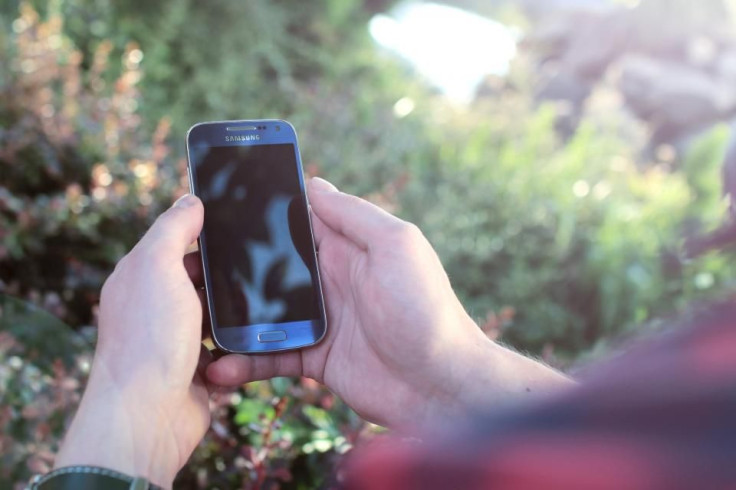People joke about being addicted to their smartphones but there’s no hard rule for what qualifies as an addiction. Now, researchers at dscout, a Chicago-based research firm, have come up with a quantitative assessment for what fits the criterion.
By monitoring the activity of smartphone owners, the researchers found that the average person interacts (e.g. swipes, taps or pinches) with their device 2,617 times a day. Those who are hooked to their gadget -- users who fall in the top ten percent -- touch their screens 5,427 times.
“Phone screen time was 2.42 hours for the average user, and 3.75 hours for the heavy user,” wrote dscout on its company blog. “That was time spent on everything from typing texts, swiping on Tinder, turning Kindle pages and scrolling in Facebook.”
That said, there are limitations. Firstly, the researchers only looked at Android users. Secondly, the sample size was very small: they only monitored the activity of 94 gadget owners. It does; however, shed insight onto usage patterns.
“We also found that on average, 11 percent of scouts are getting in a tap or two even at 3 a.m.,” wrote dscout. “In fact, over the course of our five-day study, 87 percent of participants checked their phones at least once between midnight and 5 a.m.”
Previously, researchers at the University of Derby found that 13 percent of those surveyed are addicted to their phones -- that's one in eight people. Even more surprising is the finding that the average phone user spends 3.6 hours of their day on their device, and the researchers’ claim that the more you use your phone, the more severe your addiction gets. The study also found that those who scored highest for narcissism were the most likely candidates to be addicted to their phones.
While many doubt the authenticity of smartphone addictions, a University of Missouri study found iPhone separation anxiety is a real thing. Subjects separated from their smartphones displayed signs of elevated heart rate, blood pressure and anxiety. Additionally, separation from the iPhone also had an impact on an individual's cognitive ability. Specifically, the researchers found that those who suffer from iPhone separation anxiety have diminished cognitive skills.
“The results from our study suggest that iPhones are capable of becoming an extension of our selves such that when separated, we experience a lessening of ‘self’ and a negative physiological state,” Russell Clayton, the study’s lead author, said in a statement.

















